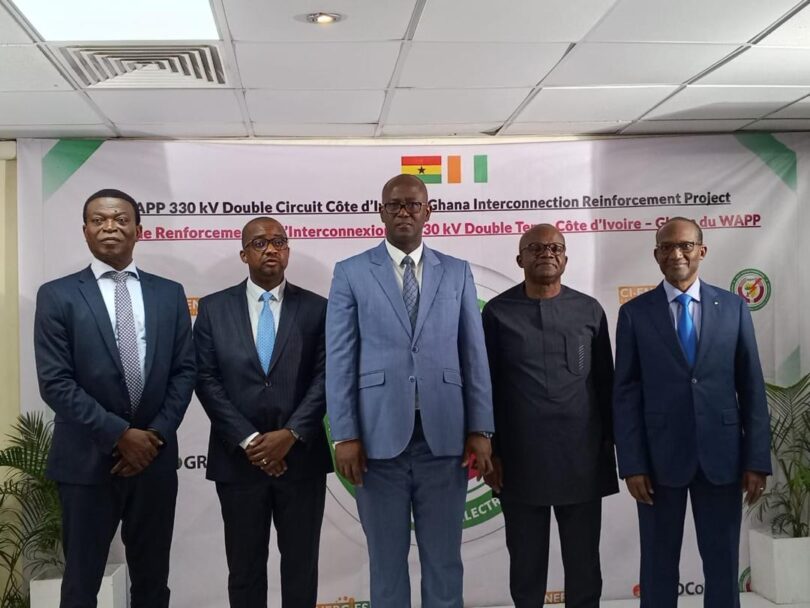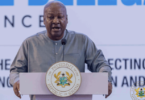Report By: Ishmael Barfi
Accra, Ghana – The Ghana Grid Company Limited (GRIDCo) and Côte d’Ivoire Energies (CI-ENERGIES) have officially launched the 330 kV double circuit interconnection reinforcement project. This initiative aims to enhance cross-border electricity supply between Ghana and Côte d’Ivoire.
The project involves the construction of a 123 km 330 kV double circuit transmission line in Ghana, stretching from Dunkwa to the Elubo border, along with a new substation in Dunkwa.
In Côte d’Ivoire, the plan includes a 125 km 330 kV double circuit transmission line from Elubo to Bingerville, which features an extension of the Bingerville substation. Additionally, there will be a 75 km 330 kV single circuit transmission line from Dunkwa to Awodua, fully integrating the project into Ghana’s national grid.
Funded by the World Bank, this project aims to enhance infrastructure development and operational efficiency in the West African sub-region. It also seeks to strengthen the regional electricity market by constructing high-capacity transmission lines and substations in both countries, promoting regional electricity trade, energy access, and sustainable development.
The project is a critical part of the West African Power Pool (WAPP) Coastal Transmission Backbone, linking the electricity networks of Côte d’Ivoire, Ghana, Togo, Benin, and Nigeria.
The ECOWAS Authority of Heads of State and Government prioritized this initiative during its 54th Ordinary Session in December 2018.
Speaking on behalf of the Minister for Energy, Hon. John Abdulai Jinapor, the Chief Director of the Ministry emphasized the project’s strategic importance.
He stated, “This initiative is a crucial component of the WAPP Coastal Transmission Backbone, which links the electricity networks of Côte d’Ivoire, Ghana, Togo, Benin, and Nigeria. It enjoys the strong support of the ECOWAS Authority of Heads of State and Government and aims to boost regional electricity trade.”
In his remarks, GRIDCo’s Chief Executive Officer, Ing. Mark Baah, highlighted the project’s significance in enhancing power reliability and supporting the energy access and sustainable development goals of WAPP.
“This project is essential for improving power reliability and advancing the energy access and sustainable development objectives of WAPP,” he said.
The initiative is expected to deepen bilateral power trade and provide broader benefits by supporting grid stability across member states within the ECOWAS framework.
Feasibility studies have confirmed the project’s technical and financial viability in Ghana, and it is poised to positively impact the region’s energy landscape.
Source: www.thenewindependentonline.com








